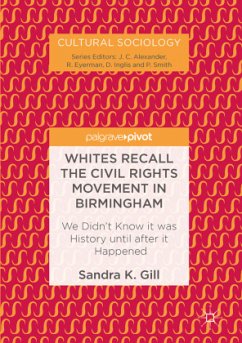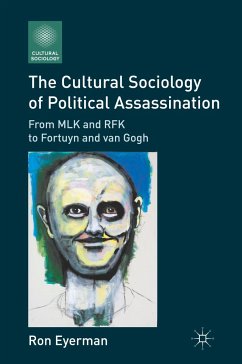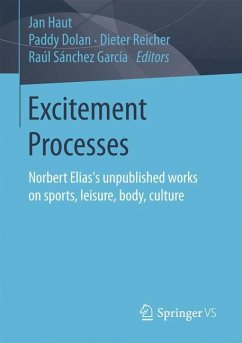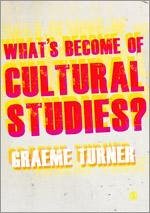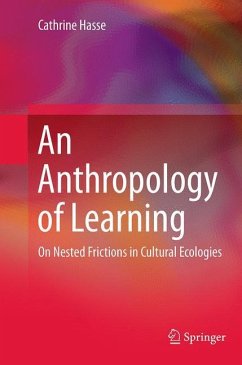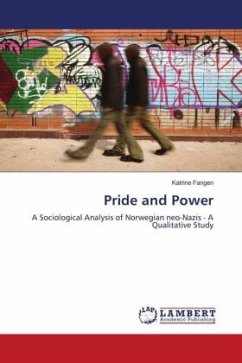
Pride and Power
A Sociological Analysis of Norwegian neo-Nazis - A Qualitative Study
Versandkostenfrei!
Versandfertig in 6-10 Tagen
52,99 €
inkl. MwSt.

PAYBACK Punkte
26 °P sammeln!
Neo-Nazism was most extensive in Europe and the US during the 1990s. The militant appearance, endorsement of violence and Nazi gestures made them representatives of the worst qualities imaginable to people outside their group. In the aftermath of the atrocities of the Second World War, it was difficult to understand why young people joined such a movement. In Norway, the neo-Nazis, however, emphasised contrasts to Second World War Nazism. Their subculture was a bricolage consisting of elements with contrasting connotations. Fascist symbols and gestures were combined with rebellion. The subcult...
Neo-Nazism was most extensive in Europe and the US during the 1990s. The militant appearance, endorsement of violence and Nazi gestures made them representatives of the worst qualities imaginable to people outside their group. In the aftermath of the atrocities of the Second World War, it was difficult to understand why young people joined such a movement. In Norway, the neo-Nazis, however, emphasised contrasts to Second World War Nazism. Their subculture was a bricolage consisting of elements with contrasting connotations. Fascist symbols and gestures were combined with rebellion. The subculture was similar to Nazism in that aggression is directed towards specific ethnic and political groups, but it differed from Nazism in its oppositional attitude towards authority and in the way its members regard the role of a leader. As did the Nazis in the Second World War, neo-Nazi skinheads divide the world rigidly according to 'us and them'. In this book, Fangen analyses the Norwegian neo-Nazi subculture, based on her fieldwork and interviews during the 1990s. The analytical framework is based on cultural analysis and modernisation theory.




